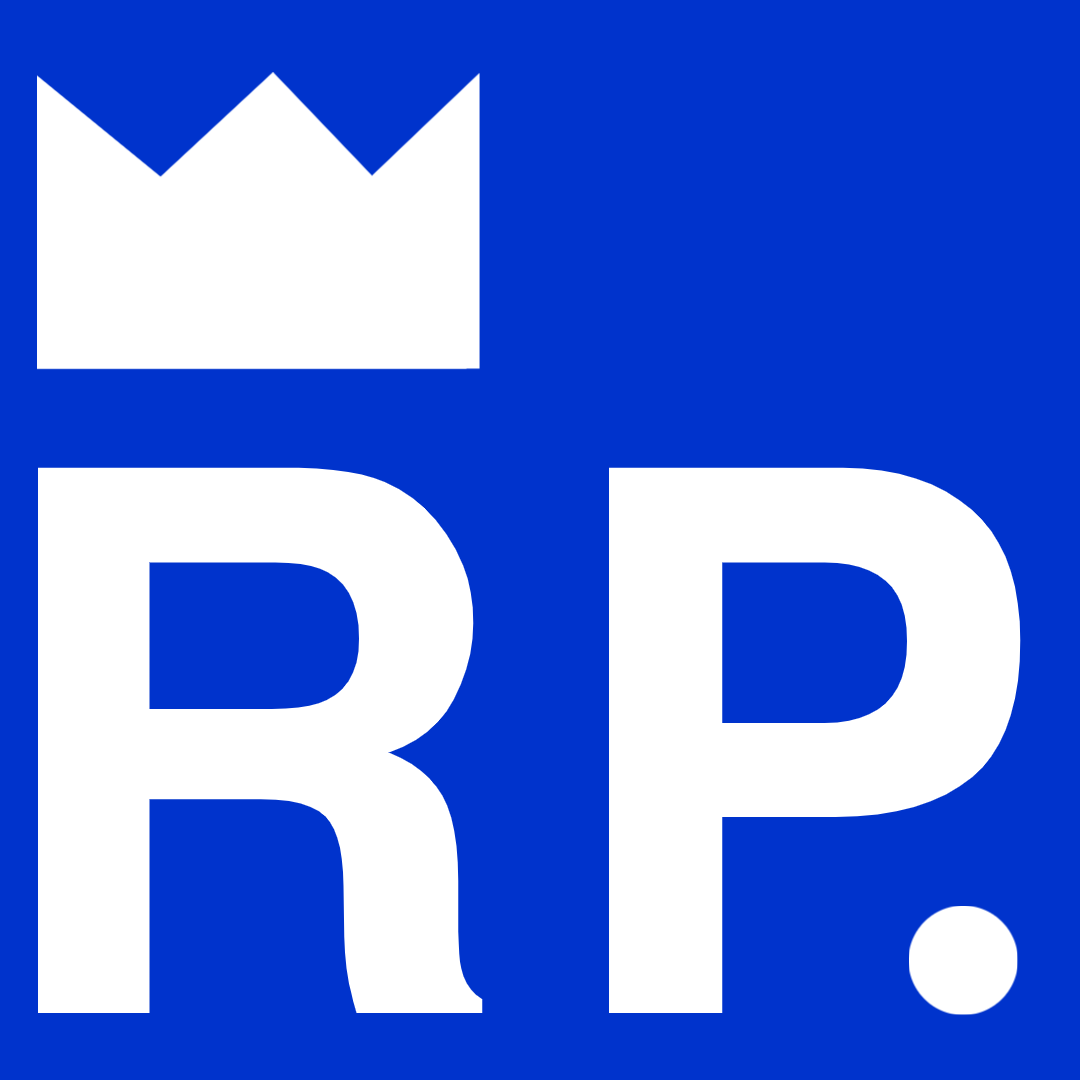Kelly Morrison Wins District 33B Reelection
Nov 20, 2020
Kelly Morrison was an OBGYN [obstetrics and gynaecology] prior to running for state representative for district 33B in 2018.
Like many, the divisive nature of the 2016 Presidential Election left a significant impact on her. So much so that the only thing left to do was get directly involved herself.
“There were two main reasons I ran. One, I wanted to be a voice for civil discourse. I really wanted to get positive, constructive problem solving done at the capital,” Morrison said. “I also wanted to be a voice for science and evidence based policy as a physician. So those were two big motivators for me.”
This “voice for science” is especially necessary during a pandemic. Within the past four years, there has been a shift away from scientific reasoning as Trump chose to ignore scientists, specifically epidemiologists, during the last year of his presidency.
After winning in 2018, Morrison was up for reelection and just recently cemented her second term win against Andrew Myers, Republican. She admitted it was a close race, but contributed her success to the young people who got involved.
Michaela Muza, Morrison’s campaign coordinator, was only in her 20s when she joined the campaign. Raina Meyer, intern coordinator, was in a similar boat.
“I also had a pretty significant intern program. At one point I think we had 23 interns,” Morrison said. “That crew made a difference in putting me over the top in a very close race. They made tens of thousands of phone calls, and we didn’t [door] knock because that wasn’t the right thing to do during a global pandemic.”
It’s clear the difference a single person can have in local politics. While national issues and the presidential election are interesting and can make large scale decisions for the country, it’s your state representatives, mayors, and school board members that have a direct impact on the community and your life.
Issues like gun reform, police reform, and climate change are overwhelmingly large. Billions and trillions of dollars are being poured into these large scale problems; when, in reality, change will come from local legislation and decision-making.
“It has to do with our 24/7 media cycle, and with social media. We need breaking news at the five minute interval, and that’s not going to show up as much in more local or state politics,” Morrison said. “But that’s where grassroot change happens and that’s where people who don’t have deep experience in politics can really make a difference. When people go and have conversations with their local elected officials, and if they come in numbers, that is going to move the needle. That will make a difference.”
Getting involved also has its benefits for the interns who contribute to a campaign. Students are able to learn the basics of civics while supporting a candidate that pushes for the policies they support.
“There is strength in numbers and organizing those voices. And then amplifying those voices to elected officials. It makes a difference,” Morrison said. “Hopefully a lot of those voices themselves will run for office and directly make the changes that need to be made.”
